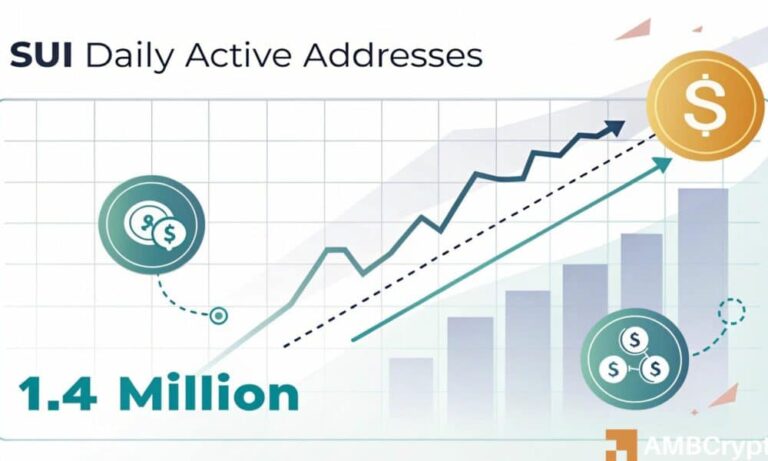Breaking News: EUR/USD Continues to Decline as ECB Officials Push for Additional Rate Cuts
Description:
EUR/USD slides slightly below 1.0800 in Wednesday’s European session. The major currency pair stays under pressure as the Euro’s (EUR) outlook has worsened due to the faster-than-expected decline in inflation and growing risks of a downturn in the Eurozone economy, which have prompted speculation for more interest-rate cuts by the European Central Bank (ECB).
The Impact for Individuals:
For individuals, the continued decline in the EUR/USD exchange rate means that the value of the Euro is decreasing in comparison to the US Dollar. This could affect travelers, businesses engaged in international trade, and individuals who hold investments denominated in Euros. Those planning trips to Europe may find that their currency does not stretch as far, while exporters in the Eurozone may benefit from a weaker Euro making their goods more competitively priced. However, individuals holding Euro-denominated assets or savings may see a decrease in the value of their holdings.
The Impact for the World:
On a global scale, the continued decline in the EUR/USD exchange rate suggests challenges for the global economy. The Eurozone is a major economic player and any downturn in its economy could have ripple effects across the world. A weaker Euro could impact trade flows and economic growth not only in Europe but also in other regions that conduct significant trade with Eurozone countries. Additionally, the actions of the ECB to implement further rate cuts to stimulate the economy indicate concerns about slowing growth and inflation, which could have broader implications for global markets and central bank policy.
Conclusion:
In conclusion, the ongoing decline in the EUR/USD exchange rate as ECB officials push for additional rate cuts reflects the challenges facing the Eurozone economy. Individuals and businesses should stay informed about developments in the foreign exchange market and be prepared for potential impacts on their finances and operations. The world economy will be closely watching how the Eurozone navigates these challenges and the potential implications for global economic growth.





